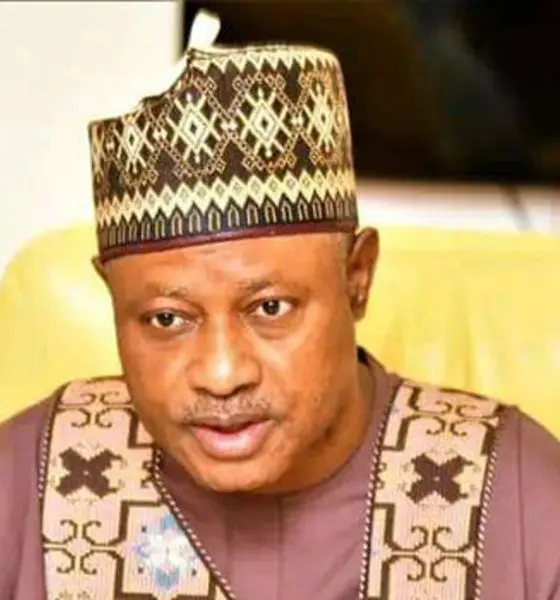
KADUNA MONARCH SLUMPS, DIES AT OCCASION
A district head in the Zazzau emirate council of Kaduna State slumped at an occasion, on Thursday, and later died at the Gambo Sawaba General Hospital, Kofar gayan Zaria.
The Sarkin Yakin Zazzau, Alhaji Rilwan Yahaya Pate, slumped attending an occasion along with the Emir of Zazzau, Mallam Ahmed Nuhu Bamalli.
Confirming the incident in a statement, Abdullahi Aliyu Kwarbai, the Media and Publicity officer of the Zazzau. said “It is with great sadness that the Zazzau Emirate Council announces the passing of Sarkin Yakin Zazzau Alhaji Rilwanu Yahaya Pate, a Council Member of the Emirate.
“Alhaji Rilwanu Yahaya, who also served as Councillor in charge of Health Related Matters, passed away while attending a program alongside His Highness, the Emir of Zazzau, Malam Ahmed Nuhu Bamalli, CFR, at Hajiya Gambo Sawaba General Hospital, Kofan Gayan, Zaria this morning.” The statement added.
The remains of the late Sarkin Yakin Zazzau, Alhaji Rilwan Yahaya Pate has since been buried at Rimin Dodo later in the evening, Thursday.
In his condolence message, the Emir of Zazzau, Mallam Ahmed Nuhu Bamalli described the death as “the will of Allah” stating that “death is inevitable and can come whenever Allah destined.”
The Emir who consoled the family of the deceased described the late Sarkin Yakin Zazzau as hardworking, dedicated and very religious whose vacuum will not easily be replaced.
He prayed for the soul to have an eternal life rest.
 Premium News
Premium News